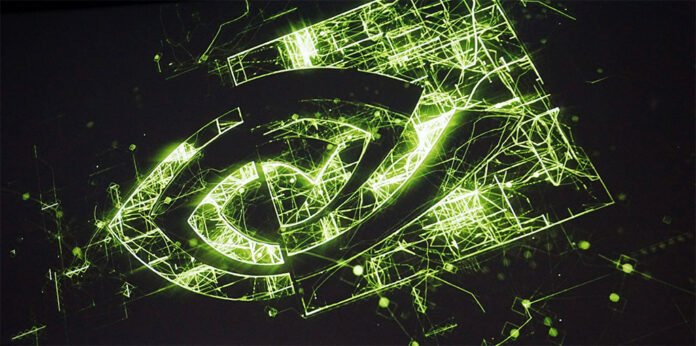Nvidia has offered concessions in a bid to secure EU antitrust approval for its $54 billion (roughly Rs. 4,05,180 crores) acquisition of British chip designer Arm, a European Commission filing showed on Wednesday.
The deal announced by world’s biggest maker of graphics and AI chips last year has sparked concerns in the semiconductor industry over whether Arm could remain a neutral player licensing intellectual property to customers and rivals.
The EU competition enforcer, which did not provide details of the concessions in line with its policy, set an October 27 deadline for its decision.
t will now seek feedback from rivals and customers before deciding whether to accept the concessions, demand more or open a four-month long investigation.
Nvidia has said it would maintain Arm as a neutral technology supplier as it aims to allay concerns from customers such as Qualcomm, Samsung, and Apple.
Arm customers Broadcom, MediaTek and Marvell are supporters of the deal.
Nvidia sought EU antitrust approval of its $54-billion (roughly Rs. 3,98,090 crores) takeover of Arm, according to a European Commission filing, with regulators likely to echo worries similar to those voiced by the UK watchdog last month.
The world’s biggest maker of graphics and AI chips announced the deal last year, triggering concerns in the semiconductor industry over whether Arm could remain a neutral player licensing key intellectual property to customers and rivals.
The EU competition enforcer can clear the $54 billion (roughly Rs. 3,98,090 crores) deal with or without concessions after its preliminary review or it can follow up with a four-month long investigation if it has serious concerns.
Britain’s competition watchdog has warned that the deal could damage competition and weaken rivals, and required a further lengthy investigation.
Arm, owned by Japan’s SoftBank, is a major player in global semiconductors, key to technologies from artificial intelligence and quantum computing to 5G telecoms networks. Its designs power nearly every smartphone and millions of other devices.

